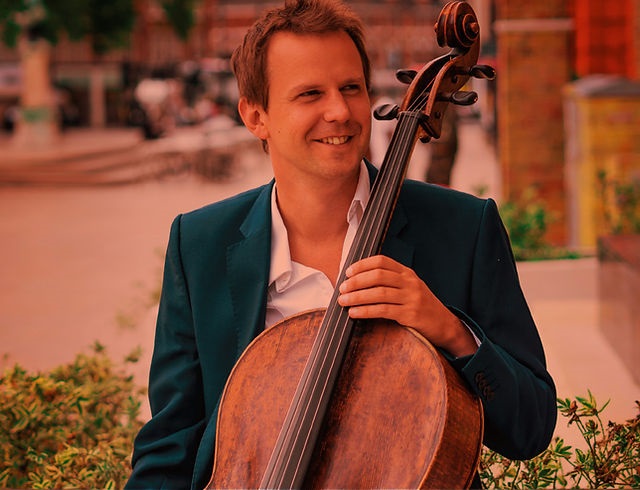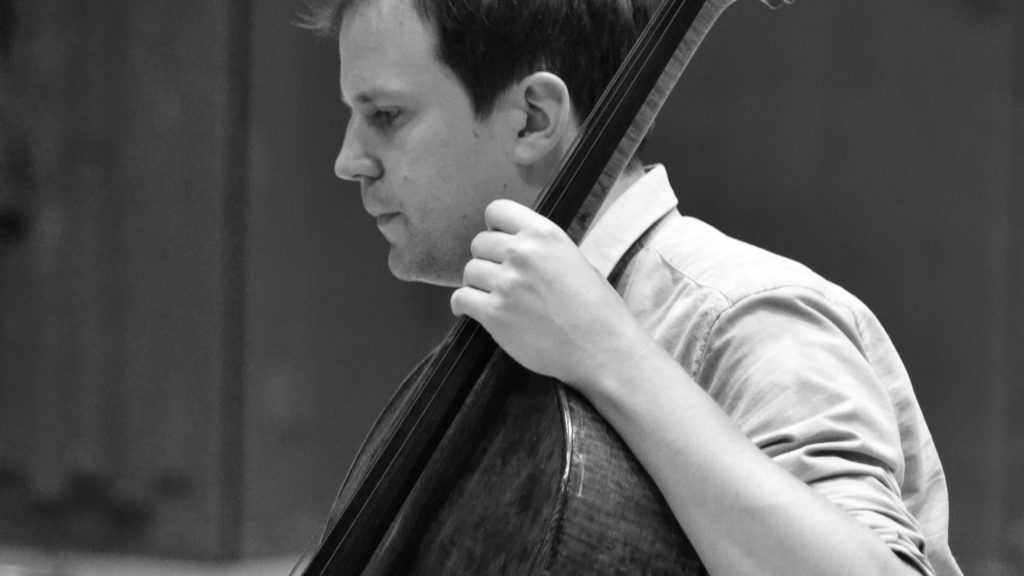
Cellist and York Chamber Music Festival artistic director Tim Lowe
CELLO sonatas by Beethoven and Rachmaninov sandwiched three miniatures by Bloch in this tasty National Centre for Early Music preview of the York Chamber Music Festival, which will takes place from September 19 to 21.
Tim Lowe and his cello are front and centre of the festival, quite rightly since he is its artistic director. John Lenehan is a superb pianist in his own right and proved an excellent partner here.
The last of Beethoven’s five cello sonatas is his most expansive while also melodically amongst the most varied in his chamber music. Its grand gestures owe something to Beethoven’s desire to get back on good terms with its dedicatee, Countess Erdödy, with whom he had fallen out through his own fault. He also wrote it with one of her lodgers in mind, the brilliant Silesian cellist Joseph Linke.
Lowe and Lenehan showed instant rapport here. The second-beat accents and leaping intervals of the opening were neatly balanced by the much more lyrical second theme. The lovely piano chorale in the slow movement benefited from the cello’s elegiac commentary; it hovered teasingly before the headlong attack into the finale, where the fugal textures built relentlessly towards the climax.
Bloch’s three pieces entitled From Jewish Life, written in 1924, had a plaintive tone, notably in the cello’s upper register in the opening ‘Jewish Song’ and in the querulous ending to the supplicant’s humility in No. 2. There was a contrasting angst in the final ‘Prayer’ before it ended on a positive note.
After his only cello sonata dating from 1901, Rachmaninov wrote no further chamber music. Perhaps he found it too constraining. He had recently completed his Second Piano Concerto and there is a similar expansiveness in the sonata’s piano role.
Lenehan met all its challenges admirably, but was unable to subdue his touch quite enough in the finale, where the texture boils into concerto proportions. Balance was inevitably uneven here.
Elsewhere, however, the interplay was finely judged. After marvellous acceleration into the opening theme, there was a Brief Encounter moment for the nostalgic second theme. Lowe’s cello was puckish in the scherzo but contrastingly lush in the trio. His ripe tone made for a glorious slow movement, and even with its shortcomings the finale was never less than exciting. Roll on the festival proper.
Review by Martin Dreyer
TIM Lowe will be joined at the September festival by pianist Katya Apekisheva and violinist Charlotte Scott among others; www.ycmf.co.uk

